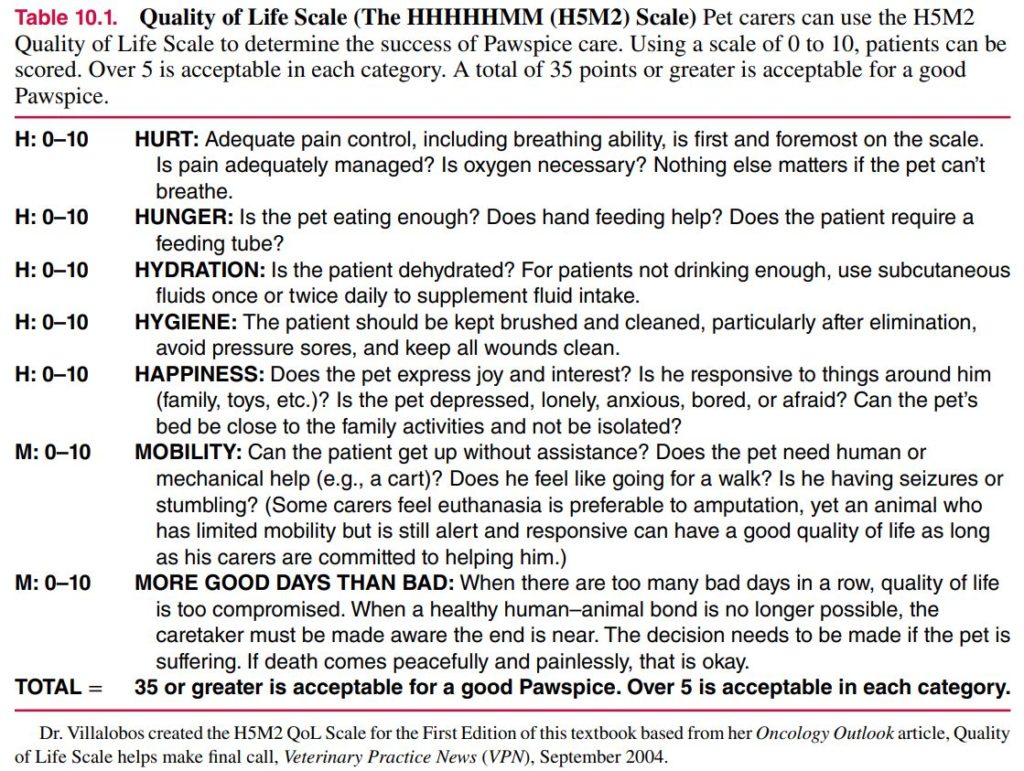In Simon Knutsson‘s words:
That happiness and suffering are measurable, in principle, to the extent that is required to talk about the net balance among several individuals is highly controversial and widely rejected. That is, it is controversial that they are (in principle) measurable to the required degree in an objective, non-arbitrary, scientific way that does not involve value judgements on the part of the person doing the measurement. One could say “I assign number –10 to Ann’s suffering and +5 to Ben’s happiness, and then I add them together. These numbers are intertwined with my values, and others might assign different numbers depending on their values.” Although that might be the best we can do, it does not count as measurement in the objective sense that we are concerned with […].
Economist Yew-Kwang Ng says that the following statement is representative of the typical economics textbook view: “Today, no one really believes that we can actually measure utils.” He continues that the probably most widely used textbook says that “economists today generally reject the notion of a cardinal, measurable, utility.” For the kinds of claims discussed above, we would need utilities to be measurable on a strong kind of interpersonal cardinal scale (an interpersonally additive ratio scale), which is widely rejected by economists.
Ng adds that this skepticism about measurability is also “very common” among “sociologists and psychologists who study happiness.”
Some history is interesting here. The early utilitarians of the 19th century, such as John Stuart Mill and Henry Sidgwick, did not seem worried by interpersonal comparisons of utility. But as Bergström points out, “in the 20th century, things have changed a great deal. Now the dominant view — at least among economists — seems to be that interpersonal comparisons of utility are impossible or necessarily subjective and unscientific.”
Of course, there is not complete consensus on the matter; some believe that happiness and suffering (or utility) can be measured to the extent required to talk about the net balance or amounts among several individuals. Philosophers generally seem to be somewhat more optimistic than economists.
Source: https://foundational-research.org/measuring-happiness-and-suffering/

Recent Comments